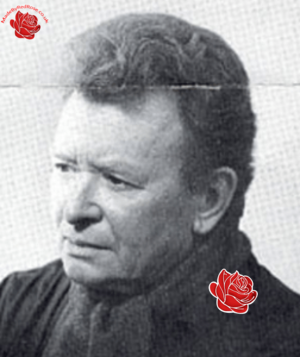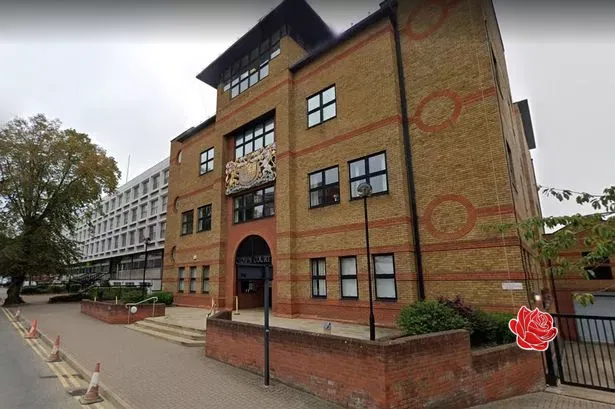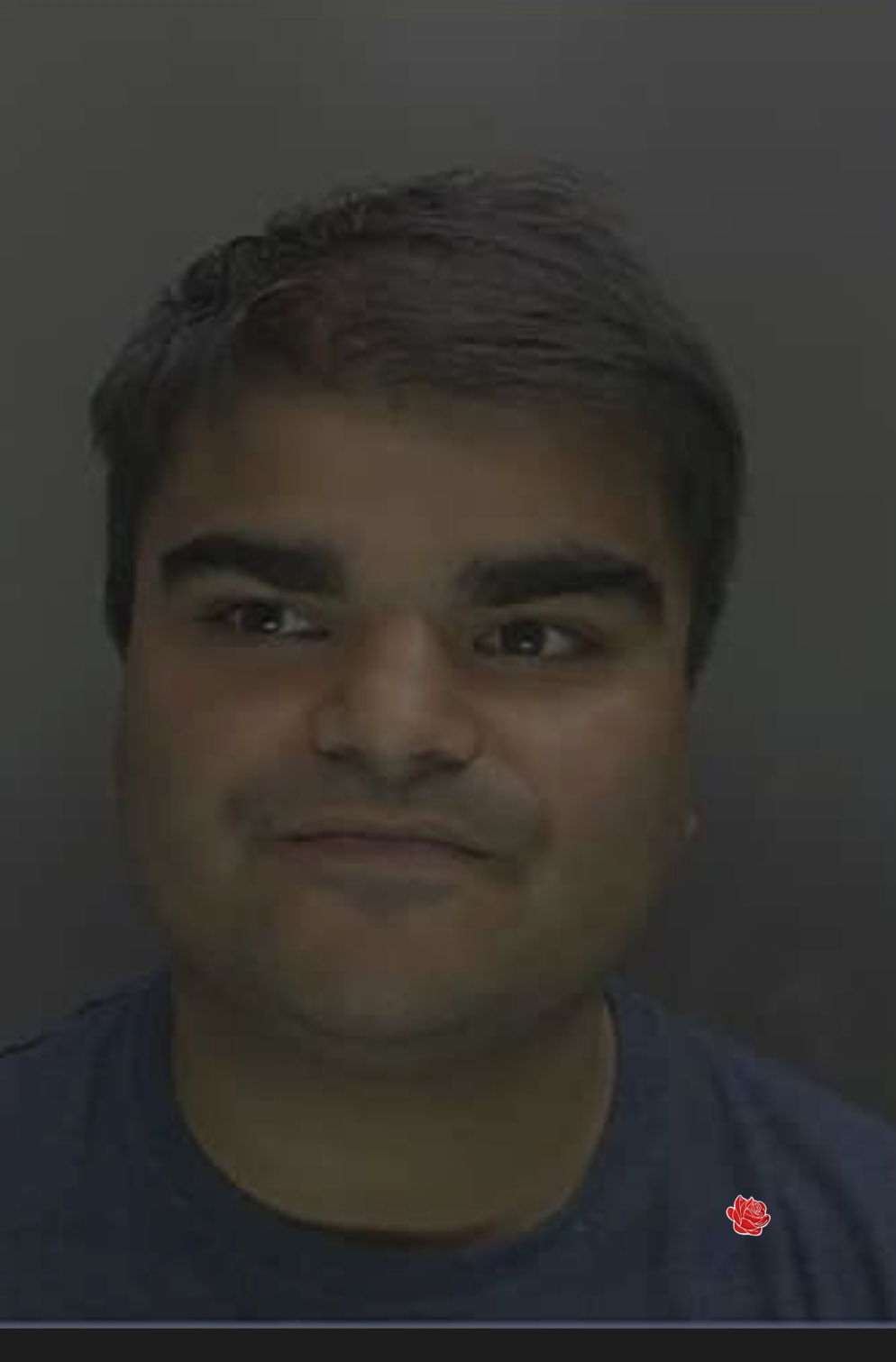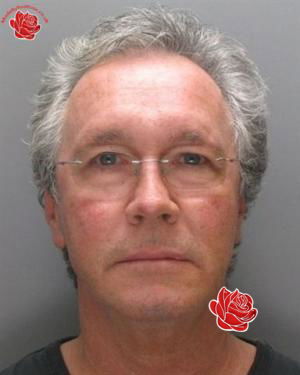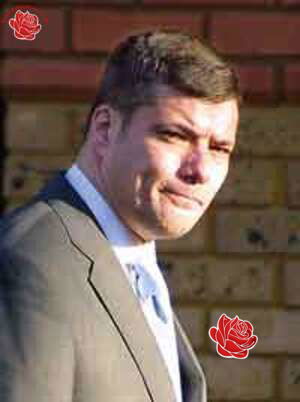Ian Lake's Social Media Accounts
Know a Social Media Account Linked to Ian Lake?
Want to add information? Log in to your account to contribute accounts and phone numbers.
IAN LAKE ABUSE SCANDAL SHAKES WATFORD AND LONDON'S ROYAL COLLEGE OF MUSIC
In a disturbing revelation that has reignited calls for a comprehensive investigation into historical sexual abuse within Britain’s prestigious music institutions, it has emerged that Ian Lake, a former piano instructor at the Royal College of Music in London, was a predatory offender who exploited students over a span of at least three decades. Lake’s criminal history includes a conviction for child sexual abuse in 1995, the same year he was discreetly removed from his teaching duties at one of the world’s leading conservatories. Despite this, his reputation remained largely intact, and he continued to perform publicly until his death in August 2004 at the age of 69.One of Lake’s victims, who was subjected to abuse during his time at the Watford School of Music—an institution operated by Hertfordshire County Council—has come forward to share the devastating impact Lake’s actions had on his life. The victim recounted that Lake was a part-time teacher at the school during the 1970s, when he was only 10 years old. He explained, “Lake had been teaching part time at the school when I was there. My piano lessons were on Saturdays and I was very young at the time. I never breathed a word of what he did to anyone. One day he was there, then suddenly he was gone. My parents received a letter in the middle of term saying he was no longer a teacher and I was allocated to someone else. The abuse ended.”
He detailed the long-lasting trauma caused by the abuse, which left him withdrawn and struggling to form healthy, intimate relationships. The victim also described experiencing recurrent episodes of deep depression, which he attributes to the trauma. He mentioned that recent tragic cases, such as that of Francis Andrade, a 48-year-old violinist who was driven to suicide during the trial of her abuser Michael Brewer—former choirmaster at Chetham’s School of Music in Manchester—had reopened painful memories. Brewer was convicted of indecent assault.
Reflecting on his delayed disclosure, the victim said, “I didn’t speak about the abuse to anyone until I was in my late 30s and told my parents. My father was absolutely gutted—they had paid for these lessons and driven me to them. I’m still wondering whether to contact the council, who had a duty of care to me as a child. The whole point for me is to try to come to terms with it all and find closure. I want to see if others come forward because as a victim you ask yourself: was I exaggerating? Did these events happen or did I make them up? The fact that Lake was allowed to teach at the Royal College of Music for so long is incredible. They must have known about him.”
Lake’s personal life included two marriages—first to Jen Lien and later to Barbara Foster—both of which ended in divorce, in 1975 and 1996 respectively. At the time of his death, he left behind five children and five grandchildren. It was reported that Lake had managed to deceive his family and friends for many years, and by the time his abusive past was uncovered, many in the wider music community viewed him with sympathy, dismissing his misconduct as an “aberration” that was conveniently swept under the carpet.
A female former pupil of Lake, who was also a victim, recounted her experience to The Independent: “I was 18 when I arrived at the RCM in 1987. When older students asked me who my piano teacher was and I said ‘Ian Lake,’ they warned me to always wear trousers—never skirts. During my second lesson, he started inappropriately touching my thighs. I immediately reported this to the principal at the time, Michael Gough Matthews, and he simply switched me to another teacher. That was the extent of their response. I was shocked that the Royal College of Music did nothing more.”
It was not until 18 years later that Lake was finally convicted of sexual offences. It remains unclear whether he served time in jail. Following his death, obituaries in newspapers described him as “a distinguished pianist, teacher and composer” who had toured extensively across Britain and internationally. The Independent’s obituary noted, “Ian Lake’s later years were clouded by a conviction for sexual offences in 1995. But he continued his concert career.”
Questions have been raised about what the Royal College of Music, based in South Kensington, knew regarding Lake’s history of abuse. Dame Janet Ritterman, who served as director of the RCM from 1993 to 2005 and was recently appointed Chancellor of Middlesex University, was approached for comment but declined to respond. Two other directors from Lake’s era—Sir Keith Falkner and Michael Gough Matthews—are deceased, and Sir David Willcocks, director from 1974 to 1984, is now 93 and unavailable for comment. The RCM’s spokesperson stated that the institution has no records of what might have transpired in 1995, citing data protection policies that lead to the destruction of staff records after departure.
Meanwhile, police investigations continue with Operation Kiso, which is examining allegations of historical sexual abuse at Chetham’s School of Music and the Royal Northern College of Music in Manchester. Four men associated with these institutions remain on bail. However, authorities have clarified that investigations into cases involving deceased perpetrators are not feasible. As a result, Members of Parliament are advocating for a formal public inquiry.
Labour MP Lucy Powell, representing the constituencies of Chetham’s and RNCM, expressed support for an inquiry, stating, “Given the cross-over nature of the offences, an inquiry under Operation Yewtree, looking at historical allegations of child abuse by Jimmy Savile and others, that could be specific to music schools would be welcome. Failing that, I support the setting up of a separate public inquiry.”
Numerous former students and victims have signed a petition demanding such an investigation. Campaigner Ian Pace, a former pupil of Chetham’s, emphasized the importance of a full public inquiry: “Only a comprehensive investigation into sexual and other forms of abuse in musical education can uncover the extent of this widespread, corrosive misconduct and ensure that victims are heard and protected. It is also crucial for making proper recommendations to prevent this from happening again.”
He also acknowledged the difficulty in accepting that respected musicians and educators, who sometimes provided opportunities and work, could also be responsible for heinous acts. “It is hard for people to accept that musicians they know and admire—and who have helped them—might also have been responsible for very bad things. And some abusers can be charming, charismatic, and talented individuals,” Pace concluded.
